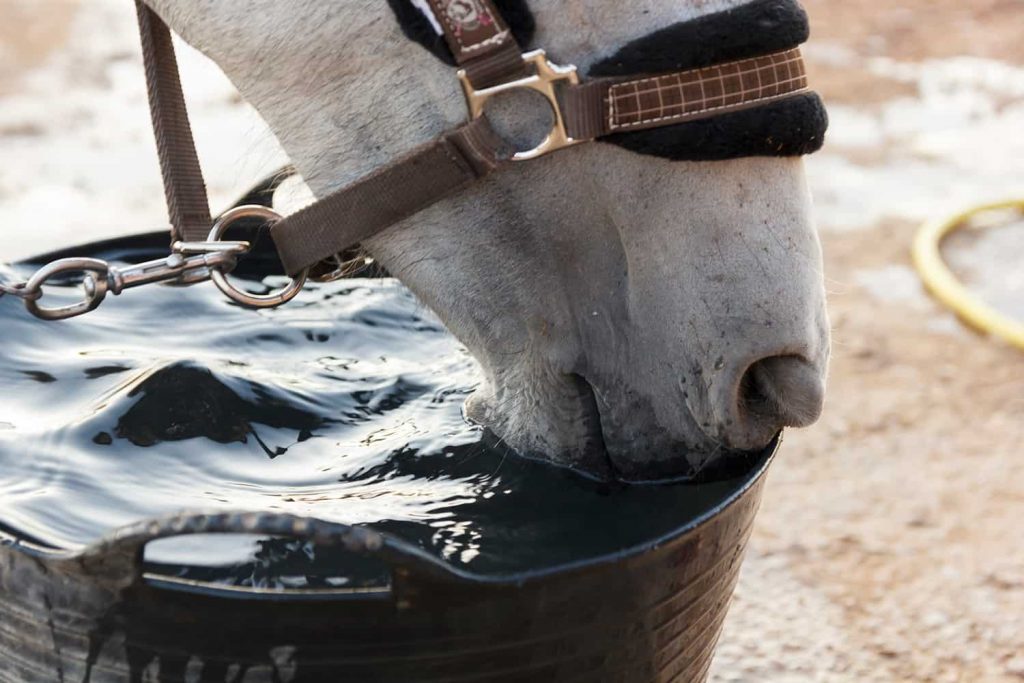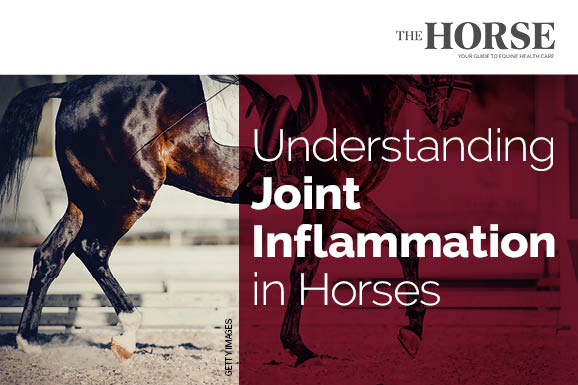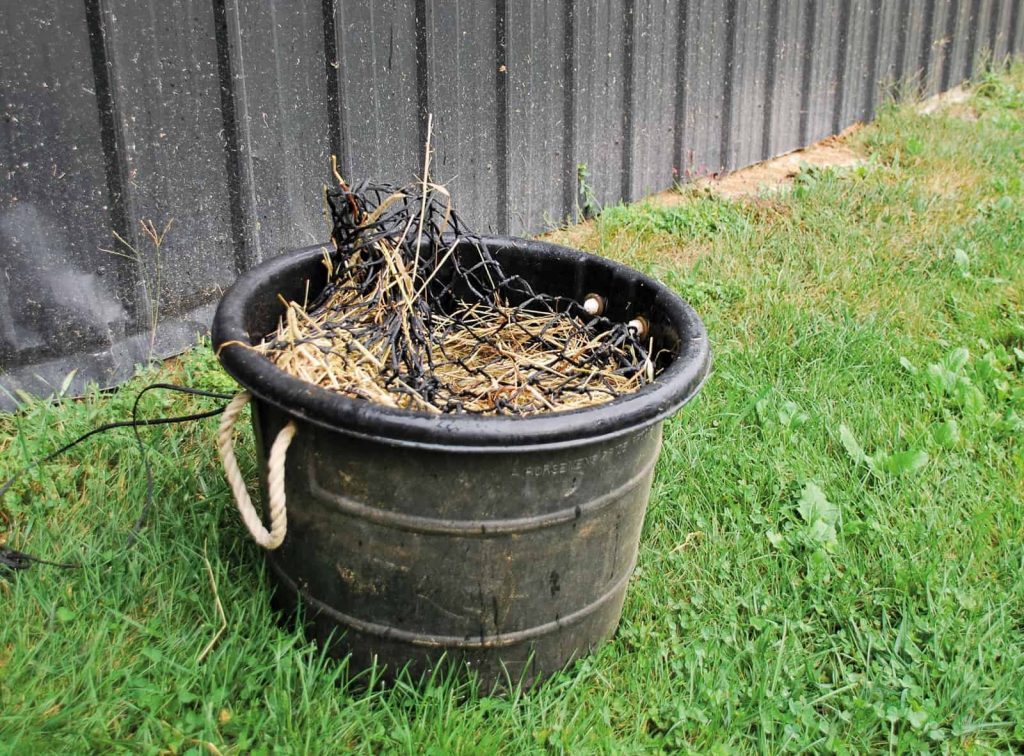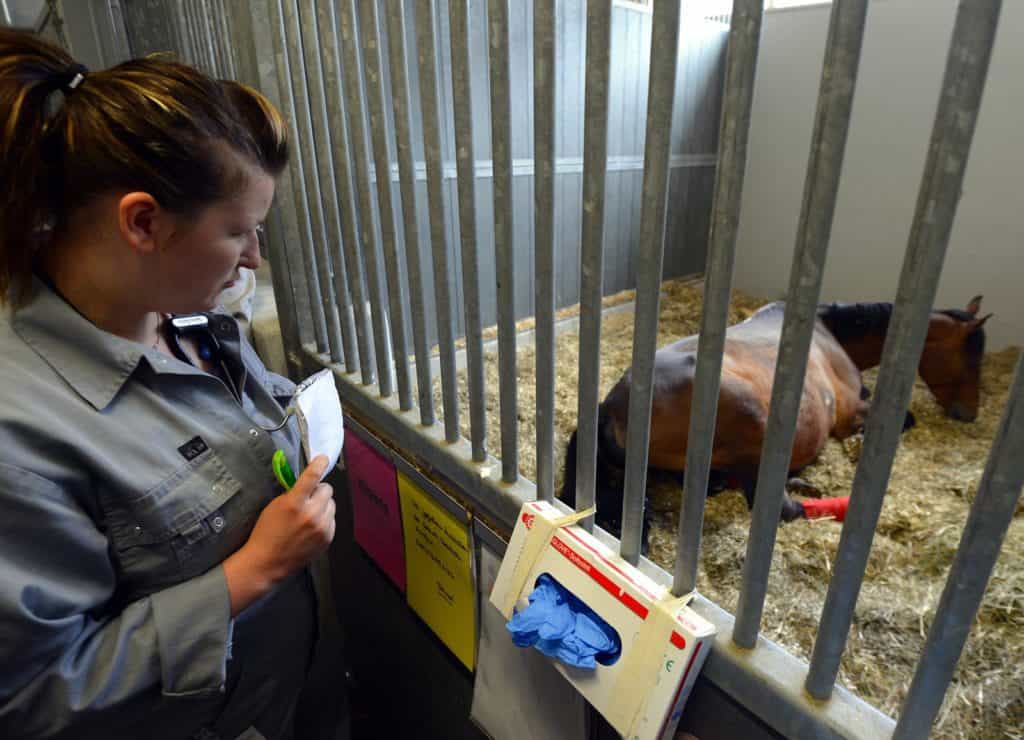
Getting Your Horse to Drink
Just because your horse has access to water does not guarantee he’s drinking enough. Learn more about how to keep horses hydrated.
How to care for the basic health needs of horses

Just because your horse has access to water does not guarantee he’s drinking enough. Learn more about how to keep horses hydrated.

Are you planning to breed your mare? Taking a systematic, step-by-step approach to managing each mare, in partnership with your veterinary team, can help cultivate success.

Read about the science behind equine PAAG products.

Understanding the differences between these groups’ microbiomes and adjusting dietary and management practices accordingly could help improve domestic horse welfare.

Use this visual guide to understand how equine arthritis develops and how horses’ joints can degrade over time.

Soaking hay for horses with PPID or insulin dysregulation can reduce the WSC and ESC values, making it safer for these horses to consume.

Grazing horses at night can help keep them at a healthy weight and reduce their sugar intake.

Is club foot an inherited condition in horses? A veterinarian offers her thoughts.

These therapies can be beneficial in treating pathologies of the cartilage and synovium in horse joints.

Researchers have determined that limiting horses’ access to hay might make them more likely to engage in abnormal and aggressive behaviors.

Discover what you should do to prepare for a colic episode, considerations to make, and things to keep in mind after surgery.

7 things to know before a horse colics, so you can maximize the chances of a successful outcome.

No horse is perfect, and many with conformational flaws go on to compete successfully. What can you live with and how?

These study results could help breeders and trainers determine which horses have the best DNA for coping with a racing environment.

Researchers found that many respondents either felt like they already had good colic emergency plans in place, or they had no intention of creating them.

Due to their small head sizes, Arabians often suffer from overcrowding teeth, respiratory disease, and poor sinus drainage that can be difficult for veterinarians to treat surgically.
Stay on top of the most recent Horse Health news with
"*" indicates required fields